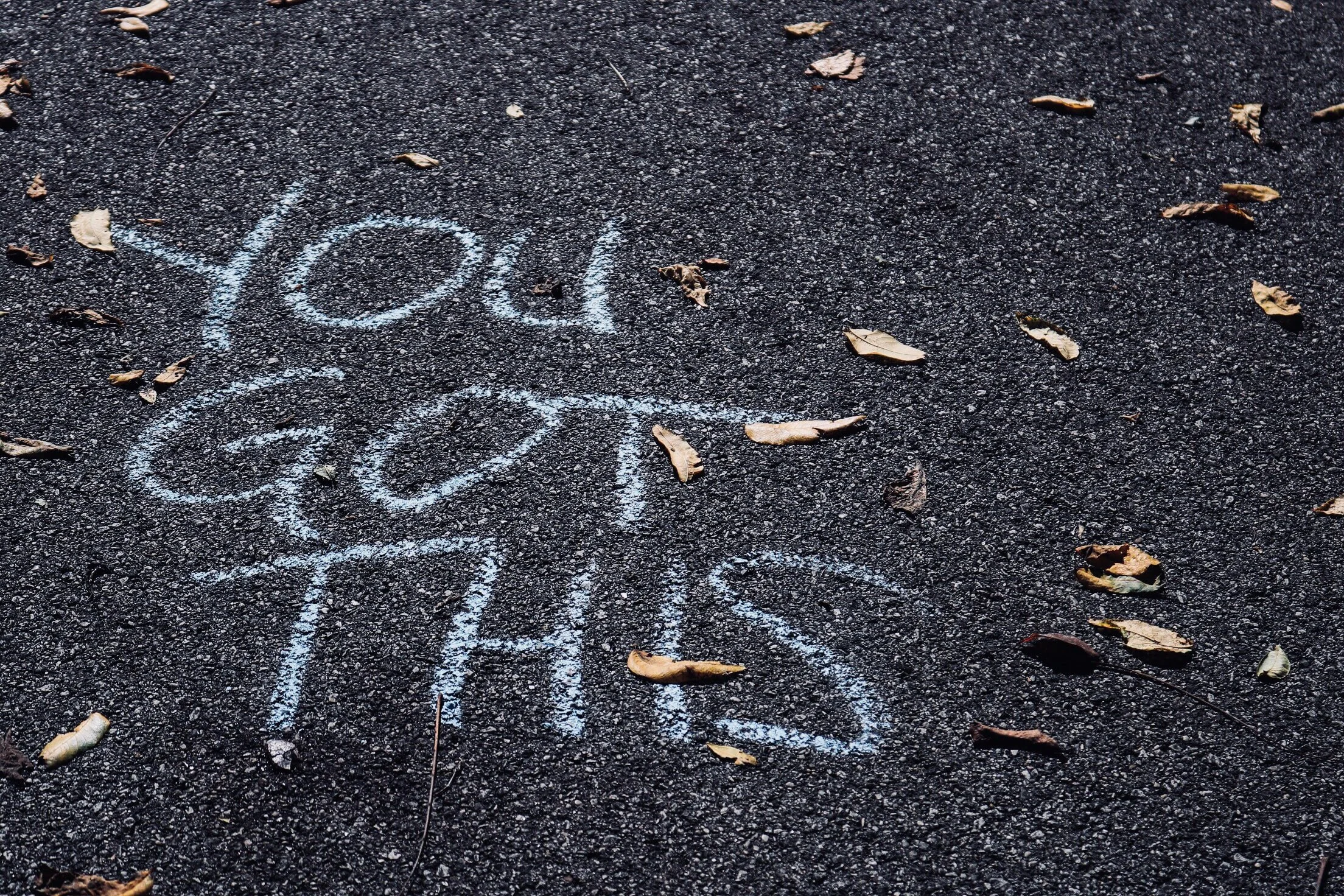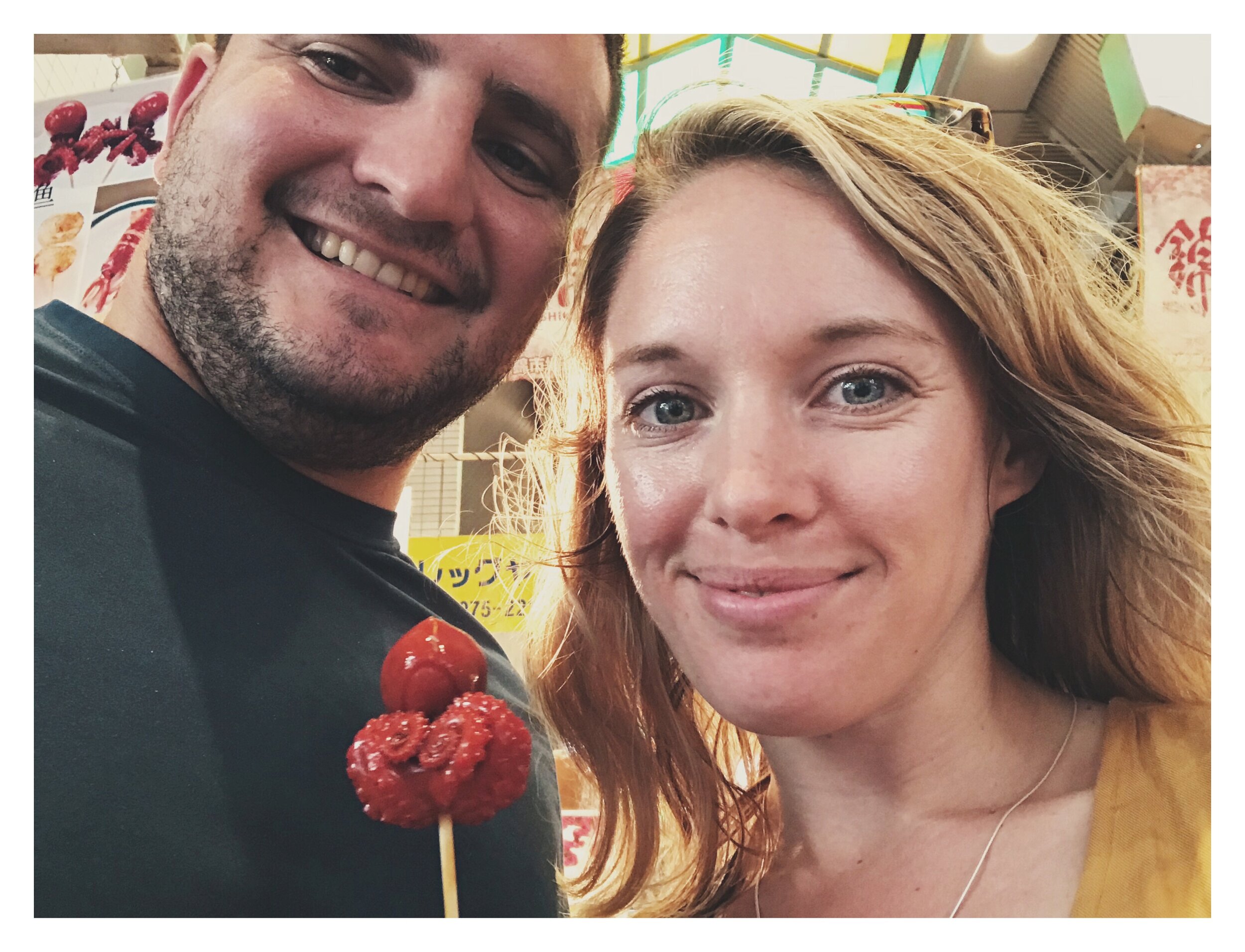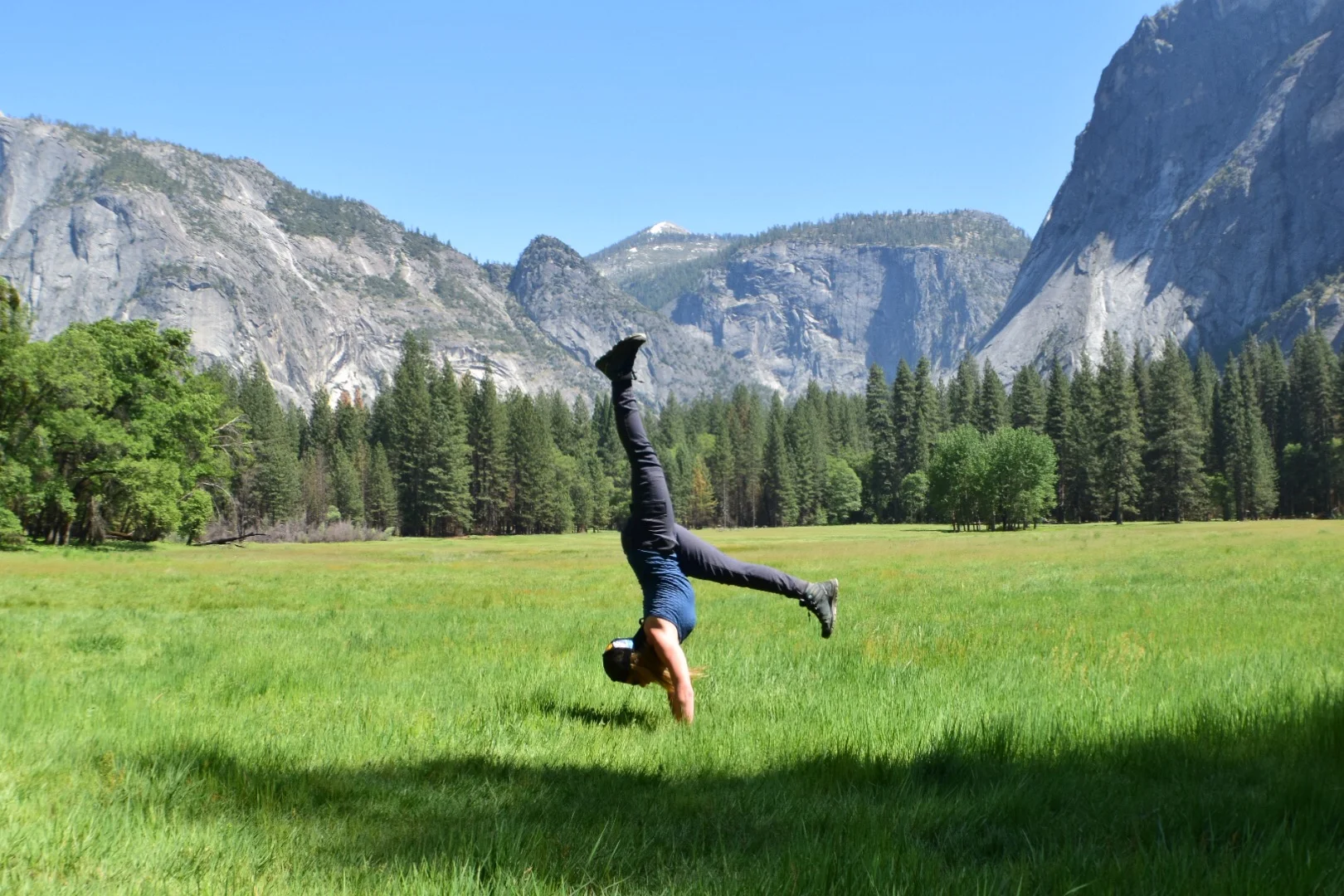Willpower or Habit. Who Will Win?
Excellence is an art won by training and habituation.
-Aristotle
Willpower vs. Habit.
What is the difference?
Let’s first make sure that we are all on the same page. What exactly is the difference between, willpower, and habit?
Willpower will·pow·er
noun.
The control exerted to do something or restrain impulses
Habit hab·it
noun.
A settled or regular tendency or practice, especially one that is hard to give up
Now, how does that apply to you?
Have you ever set goals? For most people, the answer is yes. Have you accomplished all of your goals? For most people, the answer is no. Research by the Journal of Clinical Psychology reported that approximately 54% of people who resolved to change their ways failed to make the transformation last beyond six months, and the average person made the same life resolution 10 times over without success.
Why is that? Often, we usually set our goals when we are enthusiastic and in a motivated state of mind. For example, John just made the big step to start a Keto diet to jump-start his weight loss, decrease brain fog, and increase his energy. After speaking with a lot of his friends, finding a meal-plan, and cleaning out his pantry of carbs, John feels excited and ready to go. What happens in two weeks? It is 7 pm, after work, no dinner planned, and John is tired, hungry, and ready for bed. Does he go to the store and cook a nutritious plant-based Keto meal or opt for his tried and true favorite Greek gyro take-out with cottage fries!
John's dilemma is where the debate of willpower or habit comes into play. If John relies on willpower, most likely, he isn’t feeling that same high from the day he committed to his goal. If he has established a habit or developed a new behavior, finding a meal will require less effort as it will have become his new auto-pilot! The difference, when it is a habit, you make it work, you make it happen, and it isn’t as taxing. When you rely on willpower, the outcome can depend greatly depending on your state-of-mind!
Why is it dicey to rely on Willpower?
Did you review the definition of willpower? If not, take away this part, “restrain impulses.”
How well do you restrain impulses? Science shows, if we are well-rested, calm, and fed that our odds are pretty good! On the flip side, if we are stressed, tired, and hungry, or overwhelmed that those odds go down! It is not a measurement of one's character; it is our physiology.
How Our Brain Plays a Role
Our brains are fascinating as they have evolved and are continuing to change. What drives this change?
Dr. Rick Hanson writes in “The Buddha’s Brain”: “The hypothalamus, for example, regulates primal drive states (e.g., for water, food, sex) and primal emotions (e.g., terror, rage). This area, which is lower on our neuroaxis, acts fast, has more direct control over your body, and less capacity to change. The upper levels are the opposite: although they're more removed from the action, they have vastly greater neuroplasticity.”
“…neuroplasticity - the capacity to be shaped by neural/mental activity, to learn from experience.”
-Dr. Richard Hanson
How does this relate to your habits? Our habits are the results of actions which we repeat over and over again, whether good or bad. Darren Hardy's book, "The Compound Effect," exemplifies the power of our habits! A takeaway from Darren’s book is that the older your habits are and the deeper their roots, the harder they are to change, which we know is true thanks to neuroscience.
An area of our brain called the basal ganglia, is where our habits are found. If we are maintaining the same patterns or behaviors, then we don’t need to recruit from any other areas of the brain, we go about on auto-pilot. When we are in the process of creating new habits, we recruit up in the higher regions of our brain with conscious effort. Recall that the upper areas of our brains have vastly greater neuroplasticity. The ability to rewire that region doesn’t mean that changing habits is easy, but it does mean that it is possible with intention and consistency. Staying consistent with your goal will create new neural connections, strength those connections so that eventually, you will be a new you.
Adapting to new behaviors is so powerful because you can then use your mental energy on spending time with family, excelling at work, doing a side projector, or a creative outlet. Reward yourself for your progress and growth!
Chan
ge your habits. Change your life.
How Are Habits the Secret to Change?
Through science, we know that setting intentions is a "top-down" process. "Top-down" refers to which area of the brain this process starts in! Here are five things to remember when setting your new habits.
Setting new-habits DOES TAKE conscious effort. It may be hard, you may not feel like solidifying your new desired behavior, but if you stay persistent as well as patient, the new habit will develop!
Once a habit is established, you won’t need to apply the same effort.
Habits trump willpower. Our willpower can only be so strong.
Habits take time. The most common time frame is 21 days to make a new habit.
Remember your 'why.' It will be easier to form your new habits if you have an in-depth understanding of how this new habit will positivity influence your life!
How To Start?
Hopefully, you’ve learned some of the basics of why habits are so powerful, but how do you create new ones? Check out this video by Tali Sharot, a behavioral neuroscientist. She reveals three ingredients to doing what's good for yourself.









